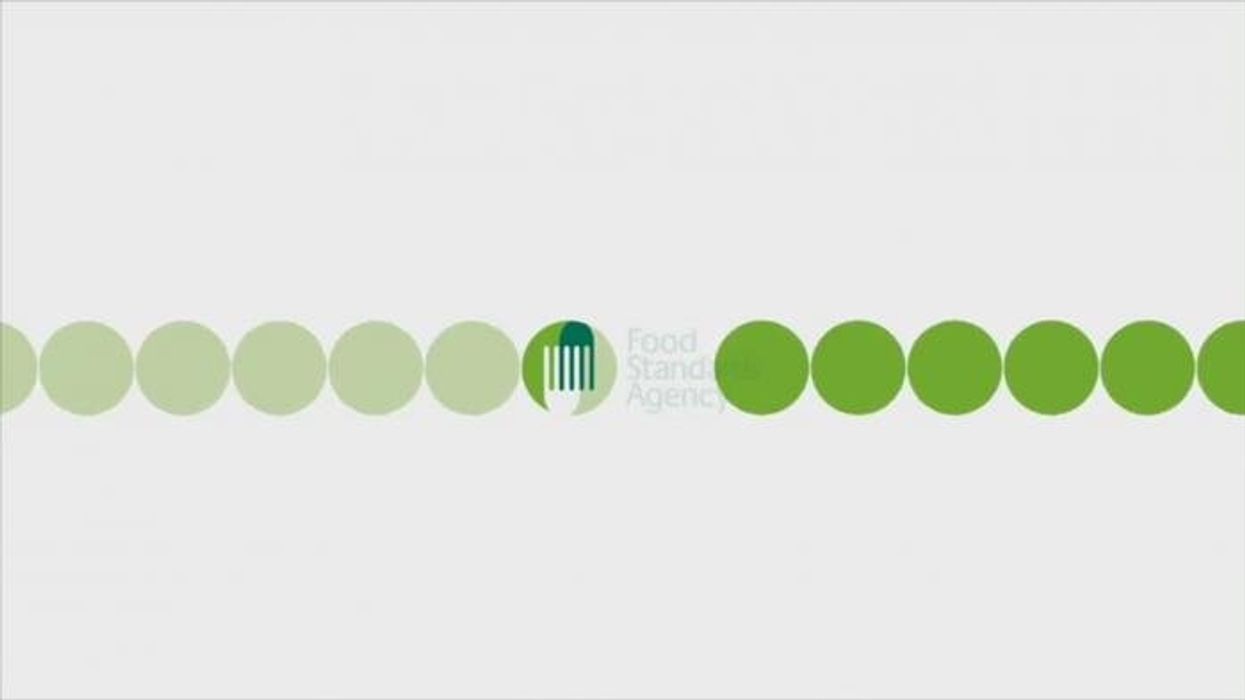Crisps that may cause vomiting, nausea, and rashes urgently pulled from shelves – 'Do not eat!'

Britons who have an allergy or intolerance to milk or milk constituents have been warned
Don't Miss
Most Read
One Stop has pulled its Mature Cheddar & Red Onion Hand Cooked Crisps from shelves after discovering undeclared milk in the product.
The Food Standards Agency (FSA) confirmed that the recall affects anyone intolerant to milk or dairy products.
Three batches of the 150g bags have been identified as potentially dangerous, with shoppers urged to check for three best-before dates: February 17, 2026; February 18, 2026; and February 23, 2026.
Officials warned Britons: "If you have bought the above product and have an allergy or intolerance to milk or milk constituents, do not eat it.
TRENDING
Stories
Videos
Your Say
"Instead, return it to the store from where it was bought for a full refund."
Store staff have been told about the recall and will process refunds straight away. Affected shoppers will not have to provide a receipt.
The FSA is working with One Stop to make sure all affected products come off the shelves.
It's worth noting that only these specific date codes are part of the recall – other batches of the same crisps are fine to eat.
LATEST DEVELOPMENTS:

One Stop's Mature Cheddar & Red Onion Hand Cooked Crisps contain undeclared milk
|ONE STOP
One Stop has apologised to shoppers for any trouble this might have caused.
Those who require further information about the recall have been encouraged to contact the customer services team at 01543 363133.

Affected shoppers have been issued important guidance regarding the recall
| GETTYSymptoms of a milk allergy
It's possible to have an immediate allergy (IgE-mediated), a delayed allergy (non-IgE mediated), or an intolerance reaction.
An IgE-mediated allergy, the most common among adults, is quick to appear, with symptoms arising within minutes or up to two hours afterwards.
Allergy UK warned: "Most allergic reactions are mild, but they can also be moderate or severe. Anaphylaxis is the most severe form of allergic reaction, which can be life-threatening."
Mild to moderate symptoms include an itchy mouth, tongue and throat; swelling of lips, around the eyes or face; a red, raised, itchy rash (often called nettle rash, hives or urticaria); vomiting, nausea, abdominal pain and diarrhoea; runny nose and sneezing.
Severe symptoms of anaphylaxis include swelling of the tongue and/or throat; difficulty in swallowing or speaking or change in voice (hoarse voice); wheeze (whistling noise) or persistent cough; difficult or noisy breathing; dizziness, collapse, loss of consciousness (due to a drop in blood pressure).
Officials have noted that anaphylaxis should always be treated as a medical emergency. If available, adrenaline should be given urgently and an ambulance called.
Experts added: "Cow's milk allergy is one of the most common food allergies to affect babies and young children.
"Most children will have outgrown their allergy to milk by the time they reach school age (around five years of age)."
In a small number of people who do not outgrow their allergy to cow's milk, it will persist into adulthood. Where this happens, people are more likely to experience more severe allergic reactions.
"The sudden development of an allergy to cow’s milk as an adult can happen, but is very rare, and as a result, there has been little research carried out about it and why it might occur."
For further information on milk allergies and intolerances in both children and adults, visit Allergy UK.
Food safety notices, such as recalls and withdrawls, should always be taken seriously to ensure customer safety. You can access these via the FSA's official website.
About allergy alerts
The FSA explained: "Sometimes there will be a problem with a food product that means it should not be sold.
"Then it might be 'withdrawn' (taken off the shelves) or 'recalled' (when customers are asked to return the product).
"Sometimes foods have to be withdrawn or recalled if there is a risk to consumers because the allergy labelling is missing or incorrect, or if there is any other food allergy risk. When there is a food allergy risk, the FSA will issue an Allergy Alert."









